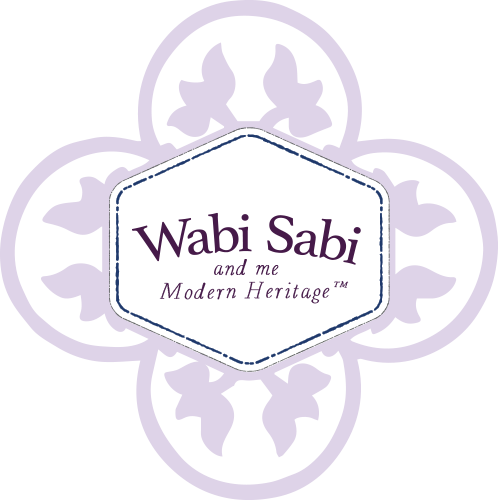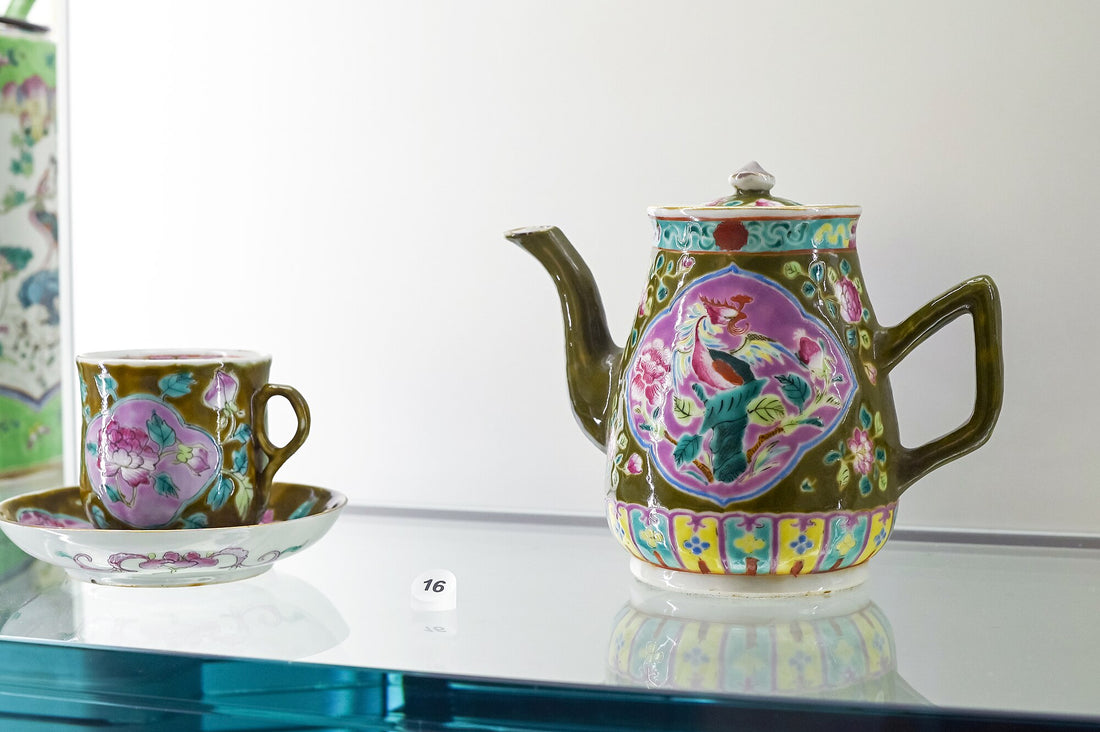The Origins of Peranakan Culture:
The term "Peranakan" refers to descendants of Chinese immigrants who settled in the Malay Archipelago, including present-day Singapore, Malaysia, and Indonesia, during the 15th to 17th centuries. These immigrants assimilated with the local Malay culture, creating a distinct hybrid identity that fuses elements of various ethnic traditions. Over time, the Peranakans developed their own language, cuisine, attire, and customs, blending Chinese, Malay, and sometimes Indian and European influences.
A Tapestry of Traditions:
Peranakan culture is perhaps best known for its vibrant and elaborate traditional attire, known as the "Sarong Kebaya" for women and the "Baju Panjang" for men. These garments are adorned with intricate embroidery, batik patterns, and beading, reflecting the Peranakan aesthetic of opulence and elegance.
Cuisine plays a central role in Peranakan culture, with dishes that are a delightful fusion of Chinese, Malay, and Indonesian flavors. Peranakan cuisine, also known as Nyonya cuisine, boasts an array of mouthwatering dishes such as Laksa, Ayam Buah Keluak, and Kueh Dadar, each offering a tantalizing blend of spices and aromas.
Preserving Heritage:
In Singapore, efforts are underway to preserve and celebrate Peranakan heritage. The Peranakan Museum, located in the historic Armenian Street, offers visitors a comprehensive insight into Peranakan culture through its exhibits on art, fashion, cuisine, and customs. Additionally, annual festivals like the Peranakan Festival showcase the vibrant traditions of the Peranakan community through performances, workshops, and culinary experiences.
Peranakan Influence in Modern Singapore:
While modernization and globalization have inevitably brought changes to Singaporean society, the influence of Peranakan culture continues to permeate various aspects of daily life. From the colorful facades of shophouses in neighborhoods like Katong and Joo Chiat to the incorporation of Peranakan motifs in contemporary art and design, the legacy of the Peranakans endures as a cherished part of Singapore's cultural identity.

